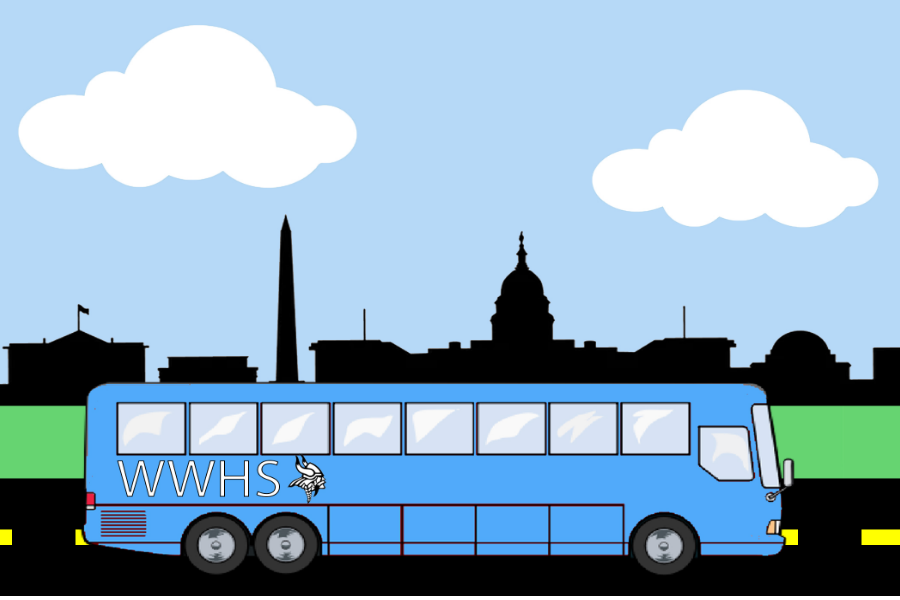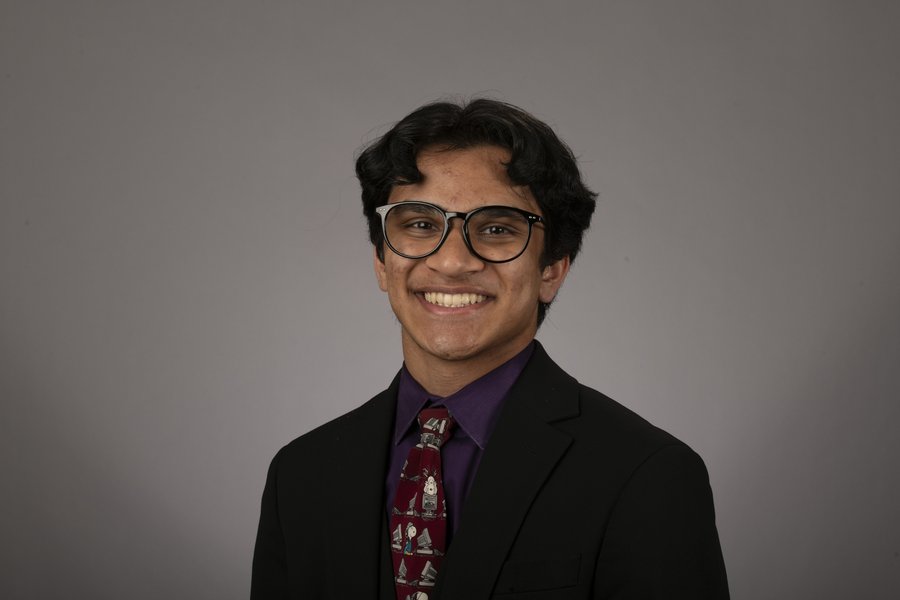Whitman should capitalize on field trips to our nation’s capital
Students can, and should, explore their educational interests outside of school buildings.
October 27, 2021
When I was in elementary school, field trips marked the most memorable days of school. Whenever I learned that my peers and I would be heading out of the classroom, I would come home in a whirlwind of excitement and lay the parental consent form in front of my parents. On the morning of the excursion, I would watch as they meticulously packed me a brown paper bag lunch. And when my belongings were together, I would stand eagerly at the door waiting for school, knowing that the hours ahead would be unlike any day-to-day routine at Bradley Hills Elementary School.
No matter where the adventures took my classmates and me, I couldn’t help but be enthralled by the hands-on learning that field trips provided. As I walked through the pristine presidential properties of Mount Vernon in fourth grade, George Washington’s home reminded me of the history of our Executive Office. Gazing at the picturesque landscapes of Thomas Jefferson’s Monticello in fifth grade, I realized that the 1700s weren’t as far away as I thought. Most significantly, at both of these sites, I recognized that hundreds of slaves operated under the former presidents, which is information I value taking into account to this day.
Now, as a high school junior, I look back wistfully at when my classmates and I learned outside of school. I’ve only gone on a few field trips since visiting Monticello, and many of my peers are in the same situation.
Whitman should integrate more field trips into classes to expose students to more immersive, hands-on learning experiences. Field trips are more than just a “fun” way to get out of the everyday school routine; they help students become more interested and involved in their educational material. Participating in hands-on instruction outside of the classroom can also help students recognize their passions in a way that in-school education can’t always do.
There are numerous tangible benefits to taking field trips. Youths who take educational trips have a greater chance of getting better grades, graduating from high school and bringing in a greater income annually later in life, according to a study from the United States Travel Association. It may seem far-fetched to claim that field trips can change a student’s life, but learning outside of the classroom can stay with pupils forever.
Spanish teacher Kathleen Bartels took her AP Spanish Literature class on a field trip into Washington, D.C. this past month to view the famous Spanish play Don Quixote. It was her first time organizing this excursion at Whitman, but she had taken her classes on trips at previous schools, and has seen how the experience helps her AP students become more engaged with the stories they study in class.
“I think field trips are the kind of thing that students remember forever,” Bartels said. “It’s a way to pique students’ interest, because reading a play in class or even watching the film, it’s not the same as the live performance. Living in this area, it’s like, ‘why not?’”
Bartels took her students on the metro system so transportation would be free, and participants only had to pay a few dollars for a substitute teacher to cover Bartels’ other classes. Financial concerns involved with out-of-school trips are legitimate, but there are so many accessible transportation opportunities in our nation’s capital that cost is less of an excuse to avoid taking field trips.
Out-of-the-classroom experiences are especially critical for disadvantaged students. Some low-income families aren’t able to afford regular trips to Washington, D.C. or other DMV landmarks, given that food and travel can be expensive. Providing these excursions through the school would be a means of hopefully allowing all students to experience this unique way of learning.
Field trips also have the potential to inspire students to pursue certain fields. Junior Maia Bester, an Assistant Director of Whitman Drama’s fall musical 25th Annual Putnam County Spelling Bee and an active participant in the school’s chorus and acapella communities, said that competing with the Pyle Middle School chorus class in different states motivated her to stay in the programs since sixth grade.
“Field trips help to build a community between students,” Bester said. “Some of my best memories from middle school and freshman year were from chorus trips.”
Whitman is not only relatively wealthy but is located just minutes away from Washington, D.C. The school should take advantage of its affluence and location by providing students with more opportunities to go on trips, ensuring pupils maximize their academic engagement. Education doesn’t only happen inside the classroom — let’s get students learning outside of Whitman’s brick walls.






